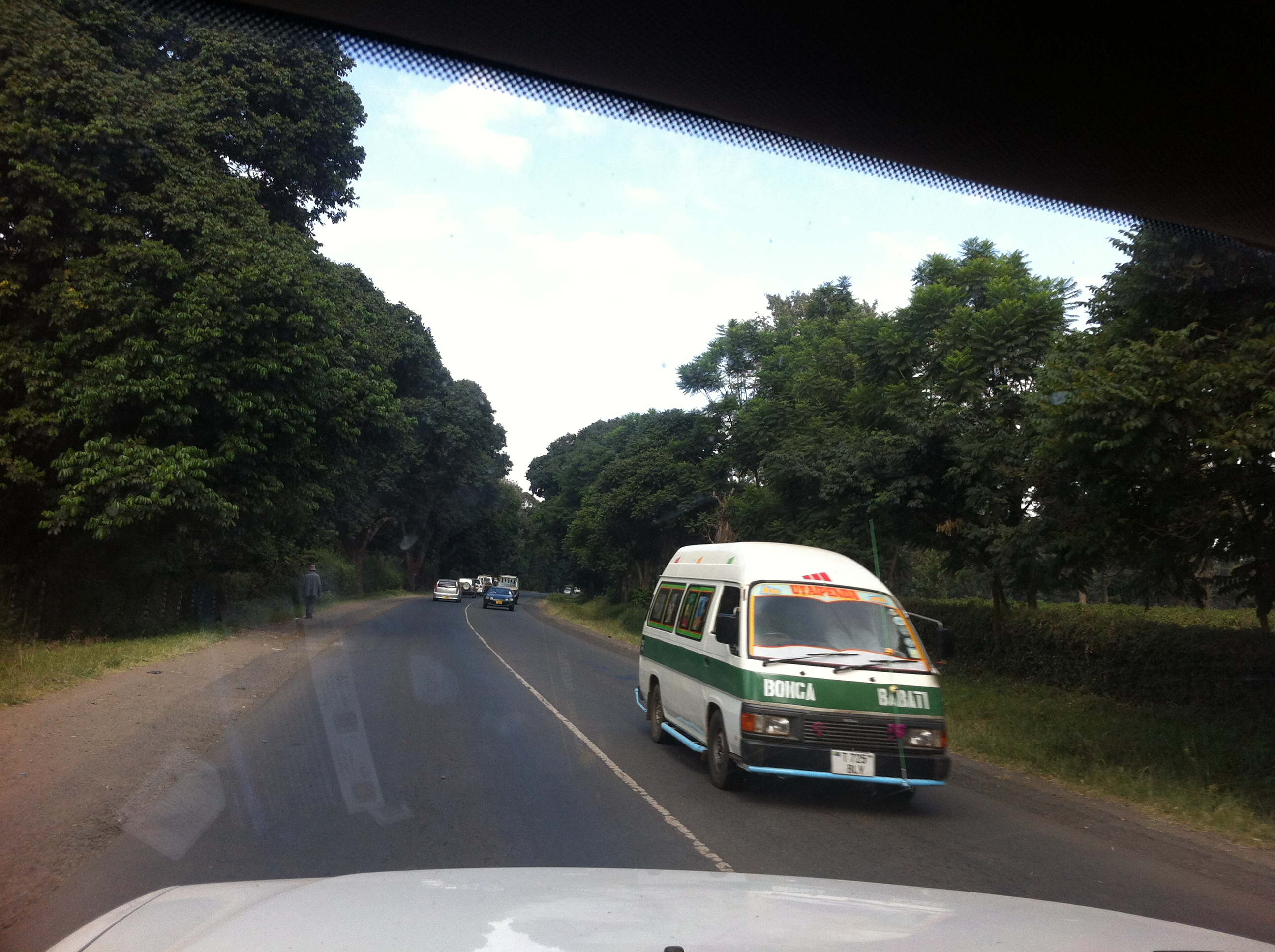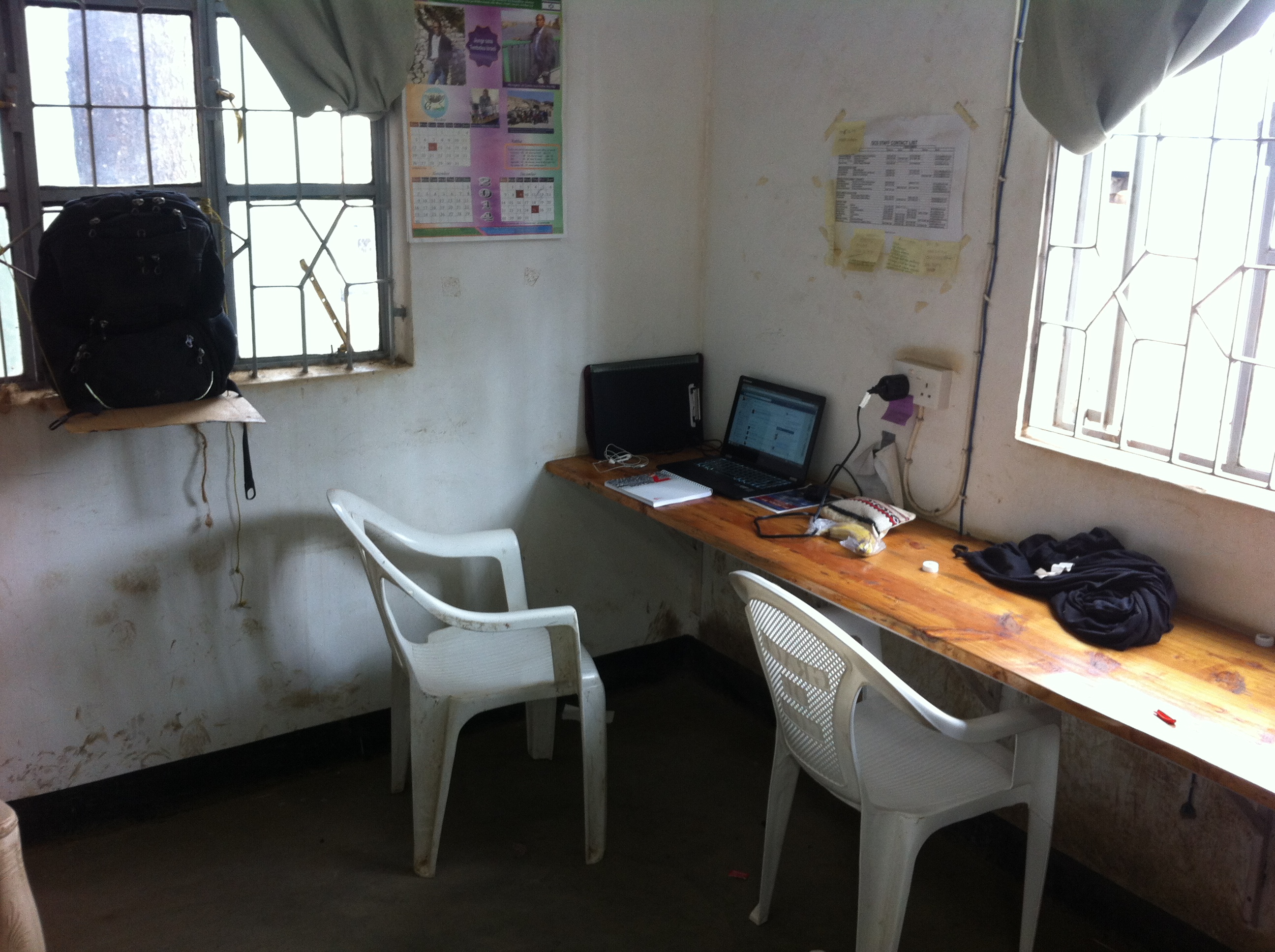As a student researcher, arriving to a country to do field research is quite a different experience from arriving for a visit of leisure or volunteer, or even for a work contract of some sort. As soon you step foot in the country that is your field, you are mostly your own supervisor. Steps are calculated towards a particular goal (mostly collecting as much relevant and efficient data as possible). You look at things around you differently; through the investigator lens.

And although the main task itself is academic research, many other tasks will immediately demand a good portion of your attention, time and energy, since one is not only supposed to care about collecting data, but also living in a new environment. Relocating to a new place – often significantly different from where one is coming from – requires taking care of living arrangements, as well as taking care of official paperwork required, by the law, to do academic work in the field country.
Considering this my first piece of informal reporting about my field experience in Tanzania, I will use the space to tell the story of those other tasks student researchers finds themselves in need to take care of once they enter the field.

Official paperwork (research visa): Almost every state will have different requirements to grant a foreign researcher the permission to stay in the country and conduct field research. Some states will reserve for themselves the right to review your research proposal and planned research activities to decide whether you will be allowed to do so. In Tanzania, the Commission for Science and Technology (COSTECH) takes care of that part. Researchers need to present sufficient information about themselves, their intended research, evidence of having a willing host institution in Tanzania, and give COSTECH at least two months to review that application package. Since I submitted my application for research clearance at least two months before arriving to Tanzania, I was given the research clearance within two weeks of my arrival. However, after receiving the research clearance from COSTECH, one has to take that clearance and apply for a research residence permit from the Ministry of Home Affairs. That part is more challenging since one has to apply after arriving to the country and obtaining the research clearance, and will not yet be fully authorized to conduct the field activities without it. That means that one will have be inside the country and wait without being fully permitted to start full-fledged data collection. For me, it took more than a month of waiting to get residence permit, partly due to the holiday season (Christmas and New Year). In the mean time, I tried to be productive by communicating and meeting with key entities and recruiting them for my research.
Living arrangements, Office, Communications and Translator(s): Finding a good and affordable place to rent is not included in one’s field research tasks, but it is a priority once one arrives to the field country (unless arrangements were made prior to arrival – a possibility in some contexts). It is shopping that has to be done with limited knowledge and contacts, and a lot of luck. After that immediately comes the priority of arranging for home essentials and good quality affordable food/groceries. A workstation often proves to be quite important, because it will be one’s physical work address in the country, and will give access to critical services – a printer, scanner, fax/copy machine, the internet, paper, storage, and a convening space for some meetings and/or interviews. My host organization supplied the workspace, and I had to take care of organizing the space, purchase my office supplies, and set-up disciplined office hours. Taking care of having one’s own phone/mobile and internet lines is also a necessity.

Finally, being in a country where the main language spoken is not one you’re fully proficient in, you will need a trustworthy translator/interpreter to be your companion for interviews and field visits, in addition to helping with translating local documents whenever needed. My Swahili is not good enough to work without a translator, and so I had to also take care of that aspect.
After that I successfully started collecting the data, But that is a part for future stories.

a good start. i look forward to more visits and continued learning.